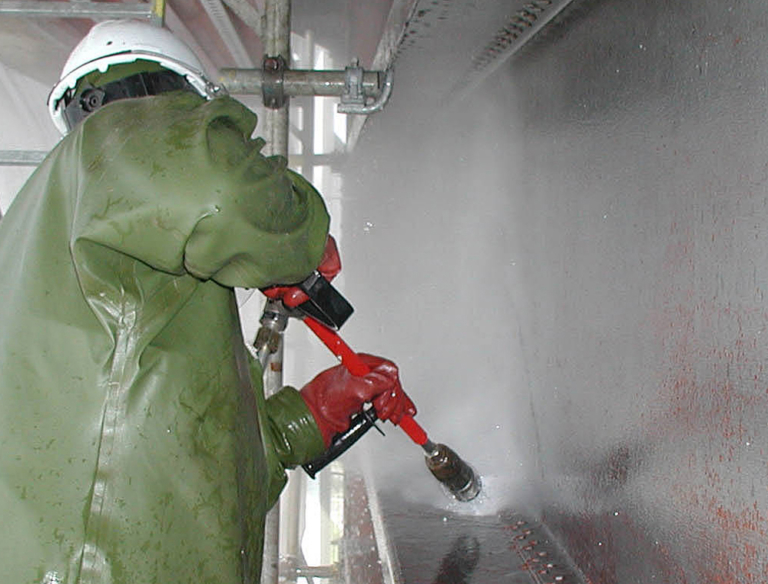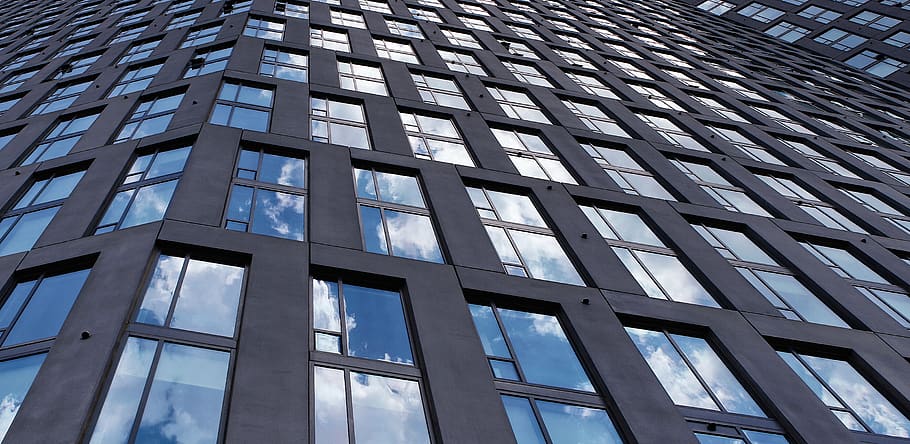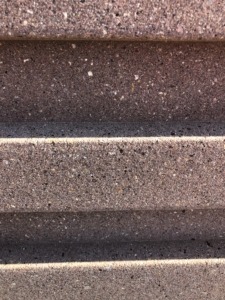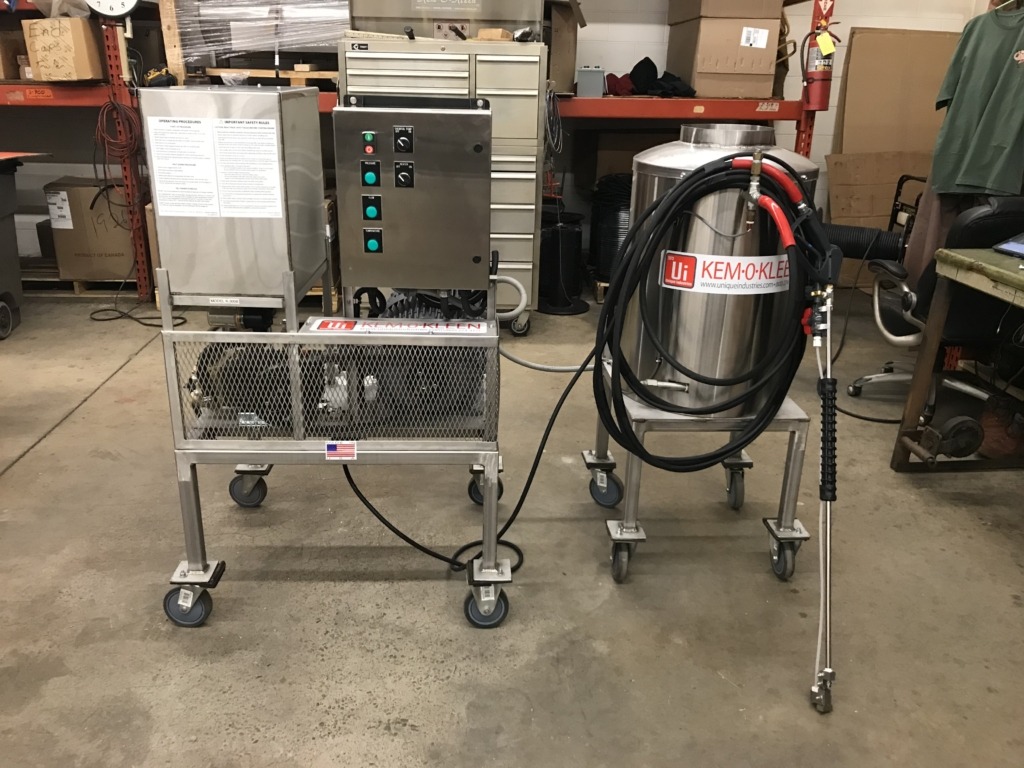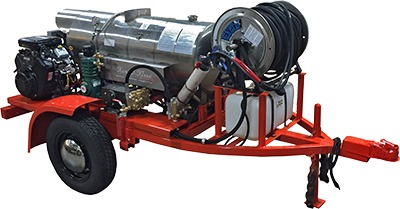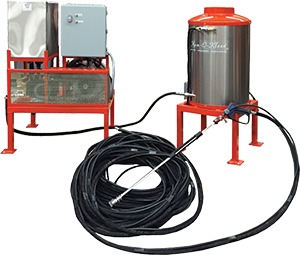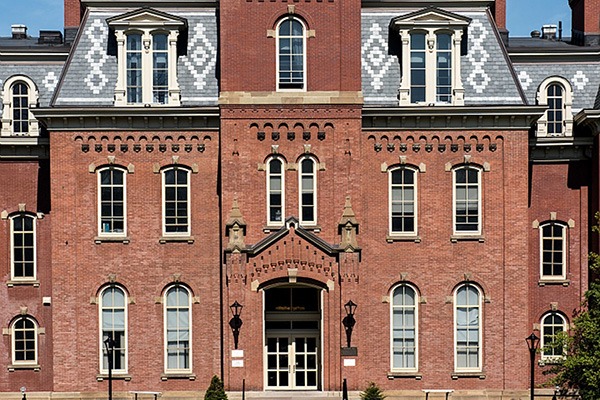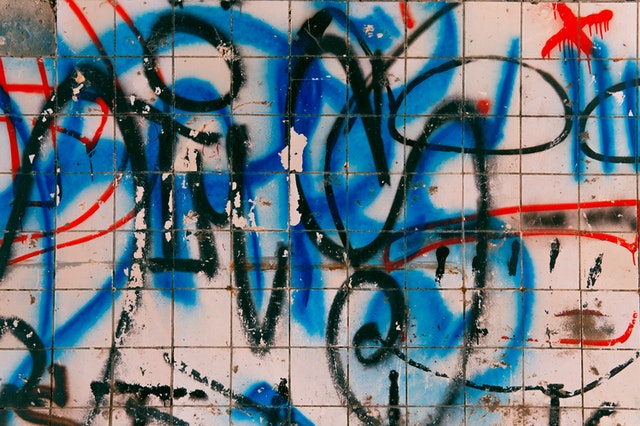When choosing a pressure washer system for masonry cleaning, acid etching, or heavy industrial jobs, not all systems are created equal. At Unique Industries, the way these systems are engineered—especially in their Kem-O-Kleen line—delivers real performance benefits that most standard washers simply can’t match. By combining pressure, heat, and controlled chemical delivery, these systems offer faster, cleaner, and safer results on tough surface preparation tasks.
How Traditional Pressure Washers Work (and Where They Fall Short)
Most systems rely on a simple mechanism: force water at high speed through a nozzle to blast away dirt and grime. This works well for everyday cleaning, but when you need to etch concrete or remove stubborn masonry contaminants, traditional systems face limitations:
- They typically lack integrated chemical delivery, forcing operators to pre-apply acids or detergents manually.
- They can struggle to consistently combine heat, pressure, and chemical action in a way that speeds up cleaning or etching.
- Workers often end up spending extra time on rinsing, neutralizing, and reworking areas that didn’t etch uniformly.
For contractors and fabricators who demand precision and efficiency, these drawbacks can translate into more labor hours and inconsistent results.
What Makes a Kem-O-Kleen Pressure Washer System Different
Unique Industries’ pressure washer systems—especially those in the Kem-O-Kleen family—are engineered from the ground up to address those exact limitations. Here’s what sets them apart:
1. Controlled Chemical Induction
Kem-O-Kleen systems use a patented acid induction system that delivers chemicals directly into the high-pressure water stream in a controlled way. This means muriatic acid or other cleaning agents are mixed precisely with the water as it sprays, rather than laboriously brushed or sprayer applied beforehand.
Why that matters:
Uniform chemical distribution leads to consistent cleaning and etching across a surface, reducing missed spots and rework.
2. Heat + Pressure + Chemistry in One System
These pressure washer systems aren’t just about brute force. They combine hot water, high pressure, and controlled chemistry to remove contaminants faster and more thoroughly than cold water units or systems that rely solely on pressure.
Why temperature matters:
Heat accelerates chemical reactions and dissolves residues more effectively, which is especially beneficial in masonry cleaning and acid etching.
3. Built for Real Jobsite Demands

Unique Industries designs their systems—like the MK3 mobile unit—with commercial-grade components, heavy-duty frames, large chemical tanks, and long high-pressure hoses that reach wide work areas without frequent repositioning. Models can be trailer or skid mounted and powered by gasoline, diesel, or electric power depending on job requirements.
This kind of build quality ensures the pressure washer system is reliable in daily professional use and durable in tough environments.
4. Versatility Across Applications
Whether you’re etching architectural precast concrete, cleaning brick-faced surfaces, restoring historical masonry, or prepping industrial equipment, these systems adapt. The combination of hot water and controlled chemical delivery means the same base technology can handle a wide range of cleaning and surface preparation tasks.
Contracts that once required multiple tools and manual processes can now be managed more efficiently with one system.
When the Difference Really Shows
The unique engineering of these pressure washer systems becomes especially important in scenarios where speed, safety, and consistency are critical:
- Architectural precast and GFRC etching: Controlled acid application means surfaces etch evenly without the hazards of manual chemical spreading.
- Industrial cleaning: Hot, pressurized chemical spray cuts through grease and heavy deposits that traditional systems struggle with.
- Masonry restoration: A blend of pressure and chemistry brings back brick and stone surfaces with minimal labor.
Choosing the Right System for Your Work
When evaluating a pressure washer system, think beyond just maximum PSI numbers. Consider how the system:
- Integrates chemical delivery without extra tools,
- Uses heat and pressure in harmony,
- Handles long work sessions with industrial-grade reliability,
- Adapts to multiple applications on job sites.
Unique Industries’ Kem-O-Kleen systems are designed with these criteria in mind, making them a worthwhile option for professionals who need a pressure washer system that delivers real productivity and quality—not just high pressure.
If you’re ready to upgrade how you tackle surface cleaning and etching projects, exploring systems that combine pressure, heat, and chemistry could make all the difference.

